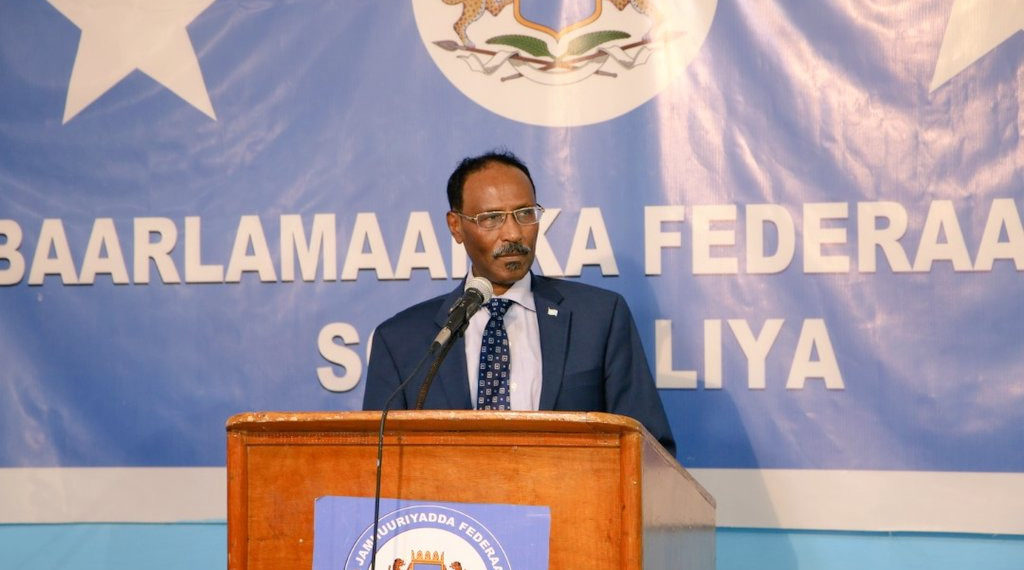

Somalia’s finance minister has told the BBC that Covid-19 is having a devastating effect on the economy.
Abdirahman Duale Beyle said remittance flows have dried up because so many Somalis abroad have lost their jobs due to the virus.
He added that government revenue has shrunk by 40% because it is unable to collect taxes.
Mr Beyle said he believed some people would starve as a result of the crash in remittance flows.
About $1.5bn (£1.2bn) a year are remitted to Somalia, significantly more than foreign aid, and many families depend on the cash for their survival.
It helps people pay for school fees, medical help or simply to buy food.
One of the largest money transfer companies in Somalia says remittances from the UK have fallen by 50%.
The country is already affected by Islamist militancy, clan fighting, regular droughts and floods and a locust invasion.
It is possible the hit to the economy from coronavirus will bring it to its knees.
But there is one glimmer of hope.
A $5bn injection of funds from the World Bank and International Monetary Fund – together with improved financial discipline – have made Somalia eligible for debt relief for the first time in 30 years.
The World Bank has just released a report saying that sub-Saharan Africa could lose $37bn in remittances because of coronavirus.
BBC
more recommended stories
 In New Geopolitical Play, Trump Eyes Somaliland to Block China and Defeat Houthi
In New Geopolitical Play, Trump Eyes Somaliland to Block China and Defeat HouthiHARGEISA – April 12, 2025 —.
 A Celebration, a Surprise, and a Strategic Masterstroke: How Somaliland’s Irro Quietly Redirected Lasanod’s Political Hopes
A Celebration, a Surprise, and a Strategic Masterstroke: How Somaliland’s Irro Quietly Redirected Lasanod’s Political HopesBy Mohammed Yasin Omar LASANOD, SOMALILAND.
 Somaliland Parliament: Any Consequences from PM’s Visit Are Somalia’s Responsibility
Somaliland Parliament: Any Consequences from PM’s Visit Are Somalia’s ResponsibilityHARGEISA, April 12, 2025 — The.
 From Berbera to Washington: Somaliland’s Strategic Pitch for U.S. Support
From Berbera to Washington: Somaliland’s Strategic Pitch for U.S. SupportIn a comprehensive interview with The.

